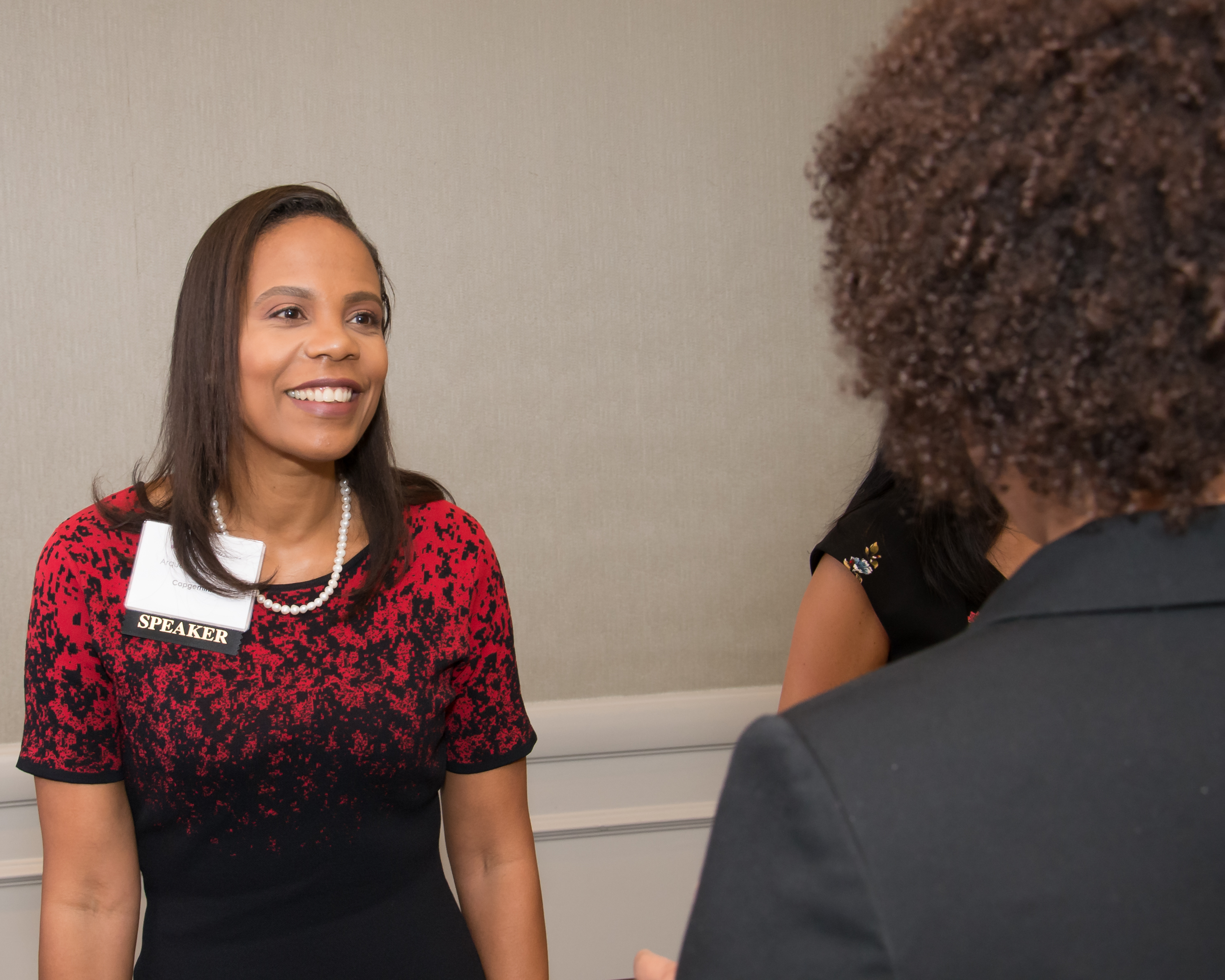
A Reflection of Black History Month and Black Equality in Business & Corporate America
Arquella Hargrove 0 Comments Blog
FFebruary is a special month that always holds significant value to me both personally and professionally. It’s a month of remembrance, celebration, and hope. A time where I’m reminded of the champions throughout African American history who with grit and perseverance, dug their heels in deep to obtain civil liberties that cost them their reputations, families, and in many cases their lives. I’m reminded of those brave souls who selflessly marched, protested, and stood their ground for social justice, equality and freedom for the benefit of generations to come. And so, I salute those who paved the way and modeled excellence giving African Americans like myself the opportunity to achieve limitless success.
In doing so, I invite you to journey with me as I take a moment to empower, engage, and enlighten you to see how far African Americans have come in business and corporate America, and how you can further advance the diversity, equity, and inclusion of a race whose blood, sweat, and tears, are embedded in the foundation of this nation.
On February 7, 1926 historian Carter G. Woodson in conjunction with the Association for the Study of Negro Life and History established “Negro History Week.” During that time, Woodson was fueled by his passion to see black history properly recognized and taught within American public schools, stating, “If a race has no history, it has no worthwhile tradition, it becomes a negligible factor in the thought of the world, and it stands in danger of being exterminated.” Since 1976, U.S. Presidents have recognized February as Black History Month sparking celebrations around the world of prestigious achievements by African Americans throughout U.S. history.
As the CEO of Epic Collaborative Advisors consulting firm and a Diversity and Inclusion expert with over 25 years of distinguished experience in HR management, I’ve seen firsthand the challenges that many African Americans have had to overcome compared to those of their counterparts. From decades of systemic racism, significant underrepresentation in science and technology, unequal pay, and lack of corporations having effective Diversity & Inclusion plans, African Americans have traditionally had to work harder to climb the success ladder.
Unfortunately, many of these hindrances still exist in the business world, but is all lost? Absolutely not. As a society at-large, we still have a long way to go before getting to the place where true “equality for all,” is depicted in the workplace. However, in recent years, there have been monumental breakthroughs giving way to the power of what’s possible. From the U.S. swearing in its first African American President and Vice President, a notable increase of successful African Americans in government, film, media, and television, to the surge of black-owned businesses that are sweeping the Internet at top speeds, progress is being made at all levels and that’s something worth noting.
Speaking about the problem is easy, but in doing so, I believe we are obligated to provide practical solutions to dismantle the division and discrimination that have plagued this country for long enough. I’m passionate about being the change I advocate for and want to help you do the same. Below are 4 simple ways you can make a difference that many people only speak of both in the workplace and your personal life.
- Support local Black Chambers of Commerce: If you live in the Houston, TX metropolitan area, this is a wonderful opportunity to stay up to speed on the Greater Houston Black Chamber (GHBC). Dedicated to supporting African-American small businesses in the areas of education, certification and accessing contracting opportunities and capital, GHBC is the “go-to” organization for business development and community outreach partnership opportunities in the Houston African-American community.
- Support black-owned business: Here’s a comprehensive directory of over 100 Black-owned businesses you can support in seven different categories including: beauty brands, bookstores, clothing and accessories, food and drink, fitness, home décor, and gift shops and beyond.
- Be aware of unconscious bias: I can attest to this being a major issue in the workplace, and one of the greatest ways to build awareness and address it is to self-examine. Be willing to take a look in the mirror and review, question, and analyze your own personal biases and assumptions. Identify your biases and avoid allowing them to influence critical decisions.
- Acknowledge African American history, holidays, and cultural traditions, etc.: Remember, just because something is different from your norm, doesn’t mean it should be discredited. Show genuine interest in the diversity of African American culture. Whether you’re speaking with colleagues, neighbors, or friends, avoid making cultural assumptions based off of satire you saw in a movie. Seriously. Ask meaningful questions and be sincere. You may just discover that there are more similarities than differences.
Together, we have the power to build bridges over the lines of division that remain. The choice is ours. Welcome to February, welcome to #BlackHistoryMonth.
Posted in Blog